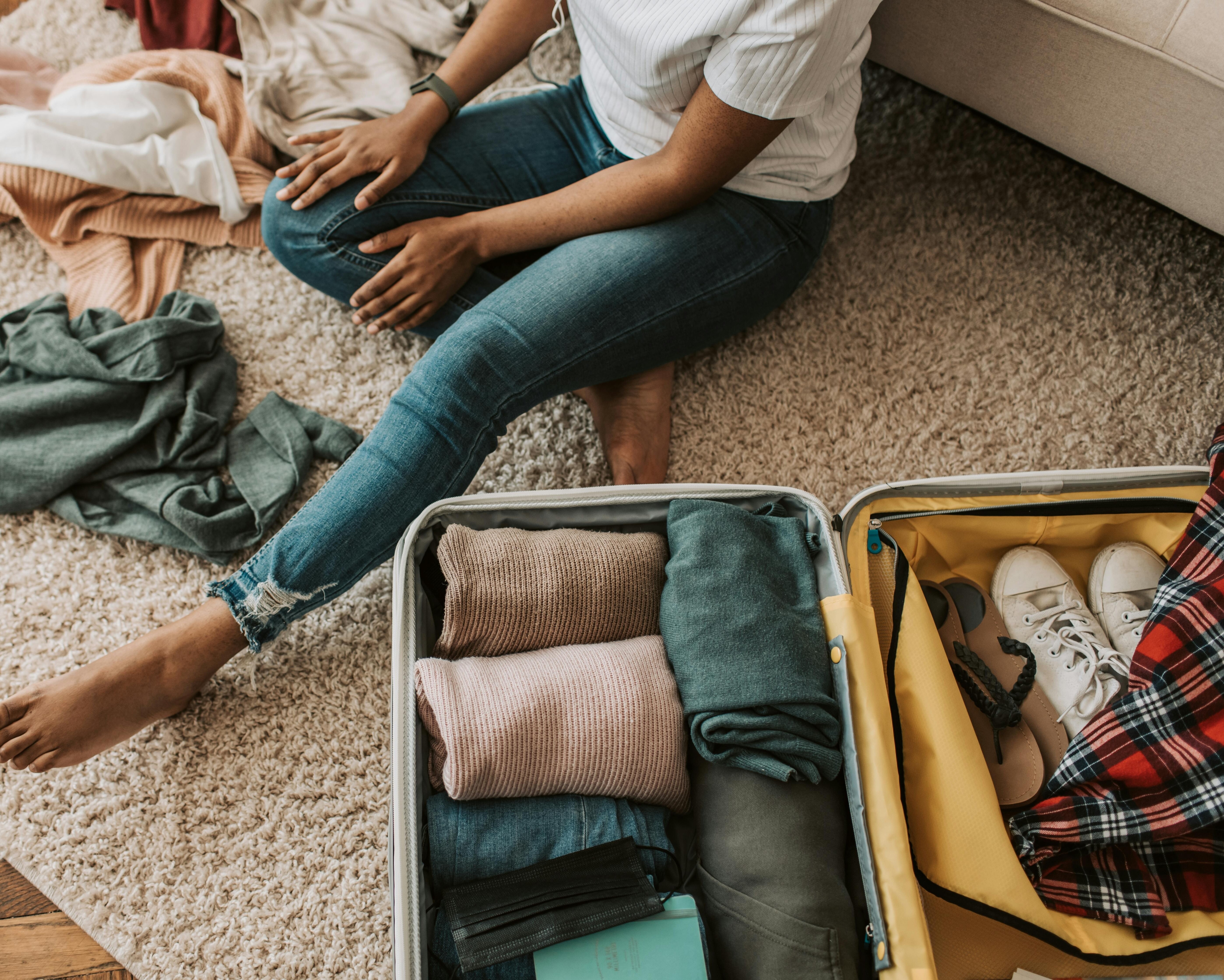
- 22 Oct 2025
- Law Blog
- Family Emergency
If you are considering leaving an abusive relationship, it is important to plan ahead. Here we outline what you need to consider from keeping evidence of the abuse, making a safety plan and what you need to pack when you leave.
Keeping Evidence
If you do not feel able to leave the relationship at this stage, there may come a time when you wish to do so or need to do so.
Plan for that time
- Keep a record of each incident including the date and time it occurred, what was said or done. Where property is damaged, try to photograph this
- Report all incidents to your GP so it can be noted on your medical records
- If you are injured and you go to the hospital keep a note of the date and time, etc
- If you sustain any injuries, take a photograph and make a note of when the incident occurred. Keep the photographic evidence in a safe place, possibly with a friend / relative / solicitor. Any photographic evidence is better than none
- If you are assaulted report it to the police and keep a diary note of the date, officer and case number
- Save threatening or abusive text messages and emails
- Work with a local domestic abuse support worker.
Making a Safety Plan
It often helps to plan in advance. There are things that you can do to increase your safety.
General
- Prepare an ’emergency bag’. It may be worth storing this with a friend / neighbour / relative. For what to include see “What to Pack”
- Keep with you, important and emergency telephone numbers, e.g. your local Women’s Aid, the police domestic abuse unit, your GP and our telephone number.
- Keep a charged mobile telephone hidden for emergency use
- Keep your keys and purse in an accessible place
- Think about teaching your children how to make an emergency call to 999 and what they would need to say, e.g. their name, address and telephone number
- Inform a neighbour of the situation and ask them to telephone 999 on your behalf in an emergency
- Consider a possible ‘code word’ with a friend / relative / neighbour / child so they know when to call the police
- Be aware where the nearest telephone is and try and have a mobile telephone on you at all times
- Think about opening a bank account in your own name if you do not have one.
If an argument escalates, or in the event of an assault:
- Move into a ‘safe’ room in the house. Avoid the kitchen, bathroom, top of stairs or garage
- Try to remain near to an external exit
- In an emergency always dial 999 or activate your panic alarm.
Plan a safe exit from your home:
- Plan ahead and think about what you would do if you needed to leave your home quickly. Where would you go? What would you take? Who would you tell? Think about your route out of the house. How can you get outside? Think about which doors or windows you can get out of safely.
Have a safe place to go to:
- Make a friend, neighbour or relative aware of the situation and plan to go to them in an emergency, alternatively telephone a local Domestic Abuse organisation.
What to Pack
If you decide to leave the relationship it is best if you can plan this carefully in advance. Some partners will increase their abuse if they have any idea you are going to leave. Try to leave if at all possible at a time you know your partner will not be around.
Try to take everything you will need with you. There is always a possibility that you may not be able to return later or your belongings will be destroyed by your partner. Take your children with you. You may decide to leave the house on a long term basis to set up home elsewhere.
You may decide to leave temporarily whilst putting into place an Injunction and Occupation Order.
Remember to keep with you or in your emergency bag:
- Mobile telephone
- Some form of ID
- Birth certificates for you and your children
- Passports for you and your children
- Work permits and / or visas
- Proof of National Insurance number
- Money, bank books, cheque books, credit and debit cards
- Keys for house / car / place of work (think about getting an extra set cut and keeping them in your emergency bag)
- Cards for payment of child benefit and any other benefits, e.g. income support/tax credit
- Driving licence/car registration documents
- Copies of any documents relating to your house, e.g. mortgage/lease/ rental agreements
- Insurance documents and any other financial documents belonging to you including bank statements/details of policies, etc.
- Address book
- Family photographs and anything small and of value to you
- Clothing and toiletries
Please don't hesitate to contact our Family Emergency Team on 0800 542 4245 if you need further advice or support on leaving an abusive partner.




 Rebecca Daly
Rebecca Daly